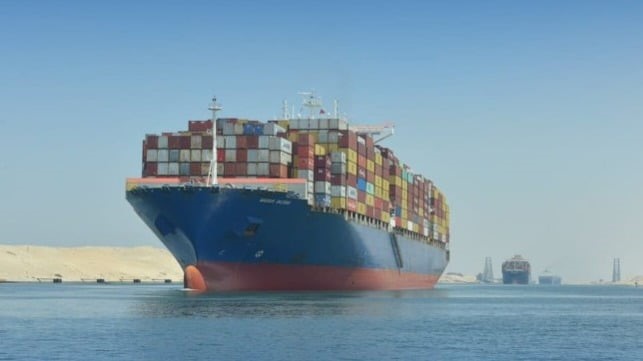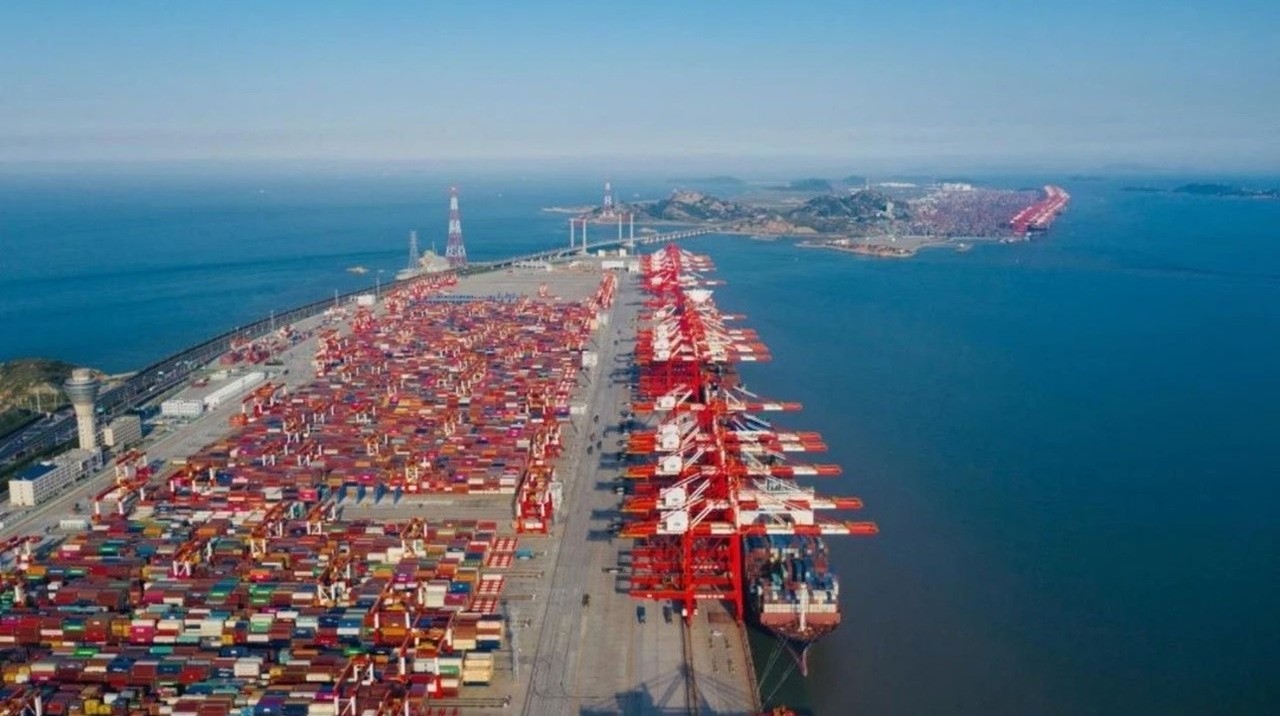
Egypt’s House Of Representatives Passes Key Amendments To Maritime Laws
Shipping Arabia, December 19, 2024 — During a pivotal legislative session, the House of Representatives, under the leadership of Speaker Dr. Hanafi Gebali, approved several amendments to Egypt’s maritime laws aimed at enhancing the national maritime economy and positioning Egypt as a global transport and logistics hub.
Among the key changes is a revision of Law No. 84 of 1949, which governs the registration of commercial ships. The new legislation simplifies the process for acquiring Egyptian nationality for commercial vessels and their registration under the Egyptian flag, with the goal of expanding the national maritime fleet and boosting the economy.
Additionally, amendments to the Ship Safety Law were passed, which extend the age limits for ship registration to attract a wider range of vessels to the Egyptian registry. Specifically, the age limit for cargo ships has been increased from 20 to 25 years, while for passenger ships, it has been raised from 15 to 20 years. These changes aim to enhance Egypt’s maritime fleet by incorporating chartered vessels and improving safety regulations.
The House also ratified modifications to the Maritime Trade Law (Law No. 8 of 1990), updating the framework to include modern practices such as bareboat chartering and financial leasing for ships seeking Egyptian nationality. These adjustments are intended to make Egypt a more appealing destination for maritime investments, particularly in light of the capital-intensive nature of maritime transport and challenges related to foreign currency funding.
Another significant update was made to Law No. 156 of 1980, which regulates maritime inspection fees. This amendment is part of Egypt’s broader strategy to enhance the capacity of its maritime transport fleet in response to rising demand for national maritime services. The changes involve adjusting fees and updating registration services for ships under the Egyptian flag to ensure compliance with international standards and national security requirements.
These legislative advancements are expected to play a crucial role in Egypt’s economic development, enhance its competitiveness in global trade, and generate new job opportunities within the maritime sector. The amendments reflect Egypt’s strategic goal of expanding its maritime capabilities and solidifying its position as a key player in the global maritime industry.


